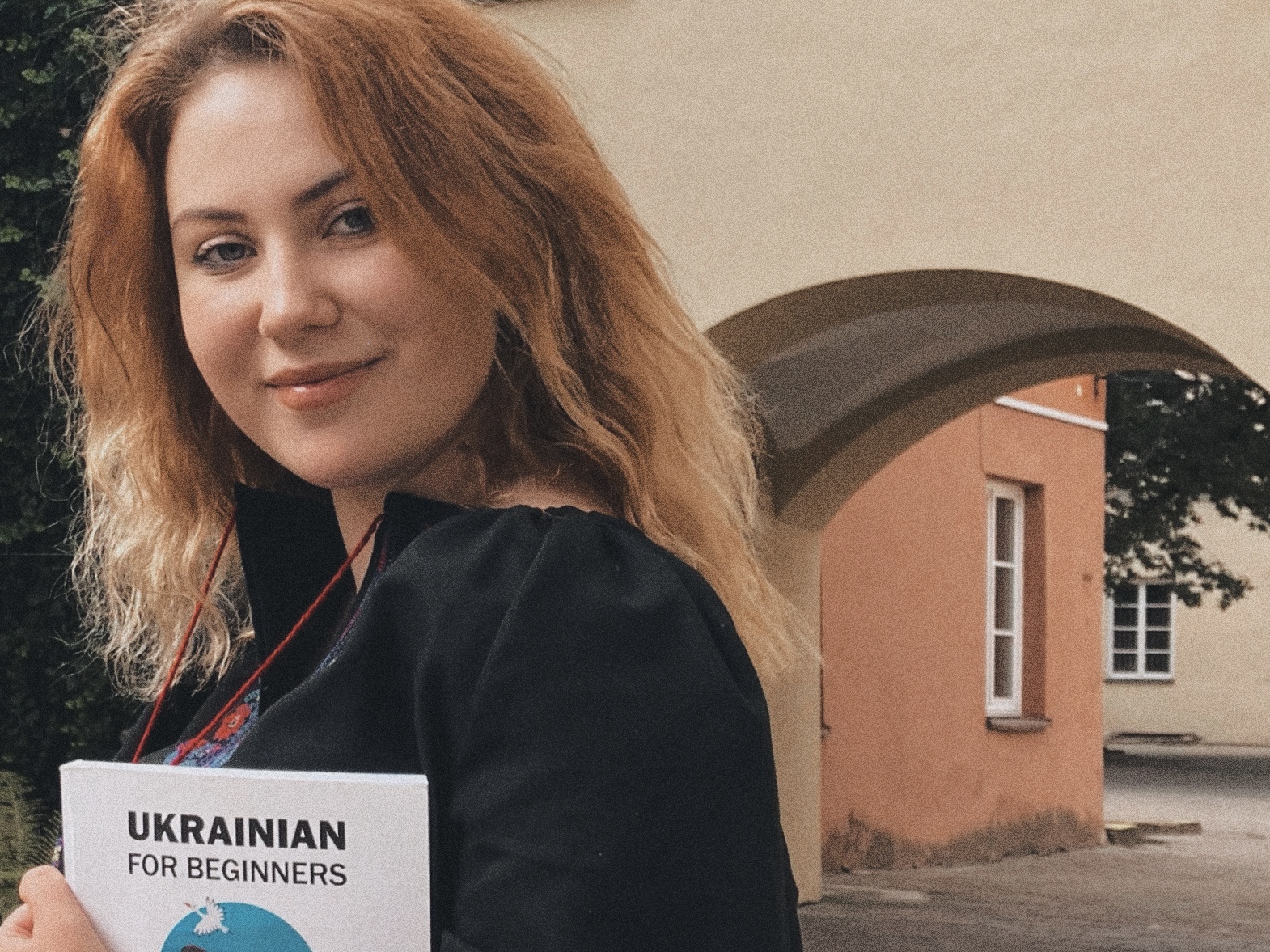
We kindly invite you to an experimental musical and poetic performance ENERHOMOR this Tuesday, December 6th, at the Writers' Hall (Domus Philologiae). The performance is created by our Faculty's Ukrainian language lecturer Yelyzaveta Drach in order to illuminate the terrors the Ukrainians are facing today. We talked with the author about the performance and how language can build bridges.
How did the idea of “ENERHOMOR“ come about?
After the first massive shelling aiming to destroy Ukrainian energy infrastructure approximately a month ago, I came across a photo of Kyiv burdened with darkness. And it just came back to me that in March, when I was leaving my native city, being broken, I wrote a short story. This story was telling about the pain of abandoned de-energized city, where only one strange man decided to stay. But one day the main hero meets a girl on the city streets. They experience this darkness and coldness together. This photo of Kyiv which I stumbled upon made me think that I’ve predicted, though with some exaggeration, the events that are now happening in Ukraine. And I started writing music that, as for me, best reflects the sounds of energetic genocide: experiments with electrical current, meter clicking and sounds of drones. I called it ENERHOMOR (or energetic genocide), the name that we created together with my dad who is now in Kyiv.
The performance is held in Ukrainian with a translation into Lithuanian. What part does language play in this performance?
ENERHOMOR is based on a poem that I wrote two weeks ago; it is in Ukrainian. Though music plays a crucial role in this performance, I still think it is important to see the translation for those who do not understand Ukrainian. My poetic style was always based on alliteration and assonance that is why my poems sound like songs. I try to use unique words, to combine untypical constructions and make every line special. We are now working on Lithuanian translation of the poem together with my students. Their discussions on synonyms that would be more appropriate in this or that context seem very professional to me.
Speaking of language, you are now a lecturer of the Ukrainian language at the Faculty of Philology. How do you find the experience of teaching your native language in Lithuania?
I am grateful to Lithuanian people, to the University, to the Faculty of Philology for this opportunity to teach, to share experience, to get inspired from students and inspire them back. Three months of teaching passed, and we are now communicating Ukrainian with students. I am truly impressed by their desire to learn, their aspiration to speak a new language. It reminded me of my students from Kyiv: the same burning eyes. What a pleasure to share my native culture and language and meet such an eagerness!
